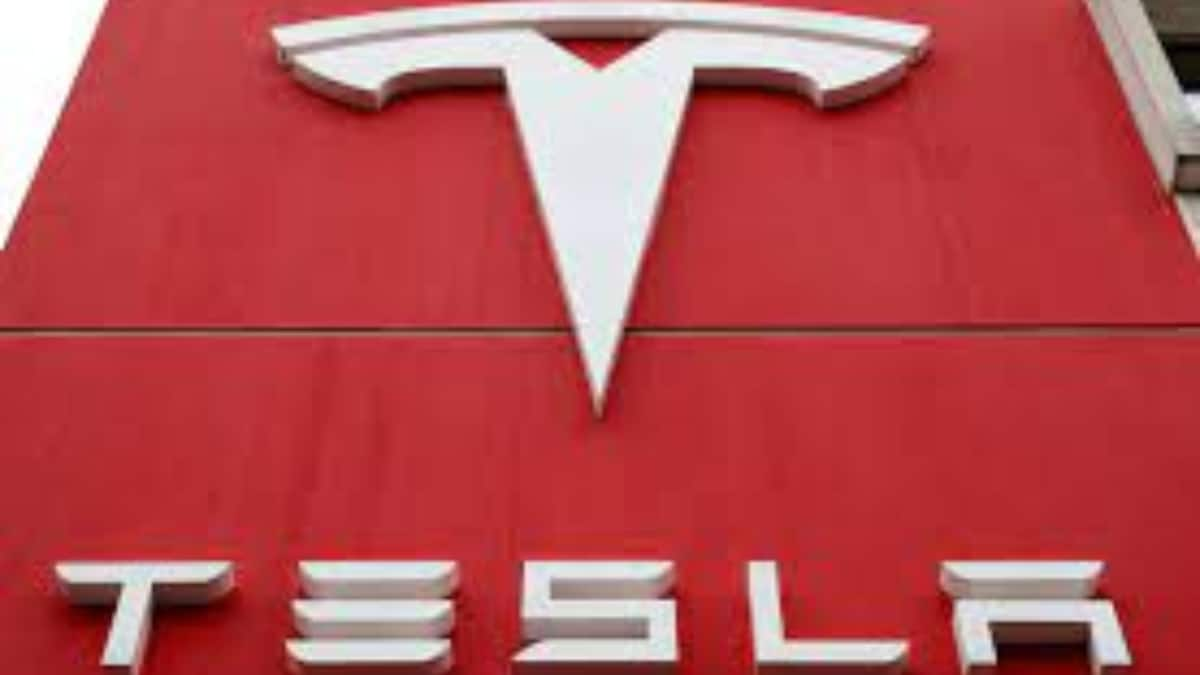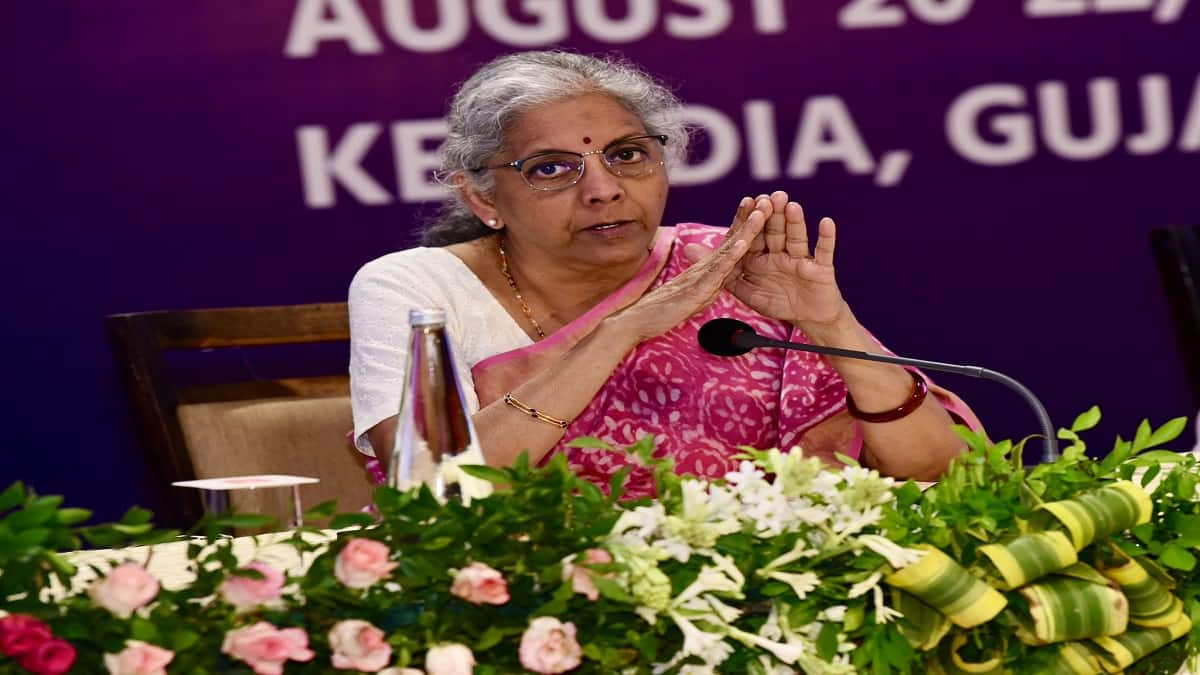Displeasure over Tesla getting a favourable treatment from the government is getting noticeably louder. Domestic carmakers are voicing their concerns over reports stating that the government could lower import taxes on electric vehicles.
Tata Motors and Mahindra & Mahindra (M&M), who control 25% of the country’s passenger vehicle market, have opposed any reduction in import duties on fully imported cars as it put them at a disadvantage while favouring companies that do not make vehicles locally.
Tesla is said to have proposed setting up a factory in the country but is demanding lower import duties for the first few years to test market its product.
A recent Reuters report said that the government is working on a new policy to cut import taxes on EVs to as low as 15% for companies committing to some local manufacturing.
M&M, which is gearing up to introduce a bevy of electric sports utility vehicles over the next 4-5 years, had challenged global carmakers to invest in India and compete locally.
“We are making in India for the world now and we would welcome all global players to come and invest in India and compete with us. That is exactly the challenge we would throw to them,” Anish Shah, managing director, M&M, had said in November.
Both these local heavyweights are infusing Rs 25,000 crore in the EV business spread over the next few years that will spawn out around 10-12 EVs, most of which are expected to be in the premium range of around `20 lakh and above.
“Recently we had a statement from the government in the Lok Sabha. And these statements seem to be in line with what the expectations would be of the local players of supporting the Make in India and giving a level-playing field to everyone,” Chandra added.
The country’s electric car market is much smaller compared to some of the developed markets. During FY23, just under 54,000 electric four-wheelers were registered, marking a growth of 154% compared to FY22.
Tata Motors had a share of 80% of the market, followed by 10% controlled by China-backed company MG Motor India. The growth story has continued into this year with around 72,000 units clocked by the industry.




